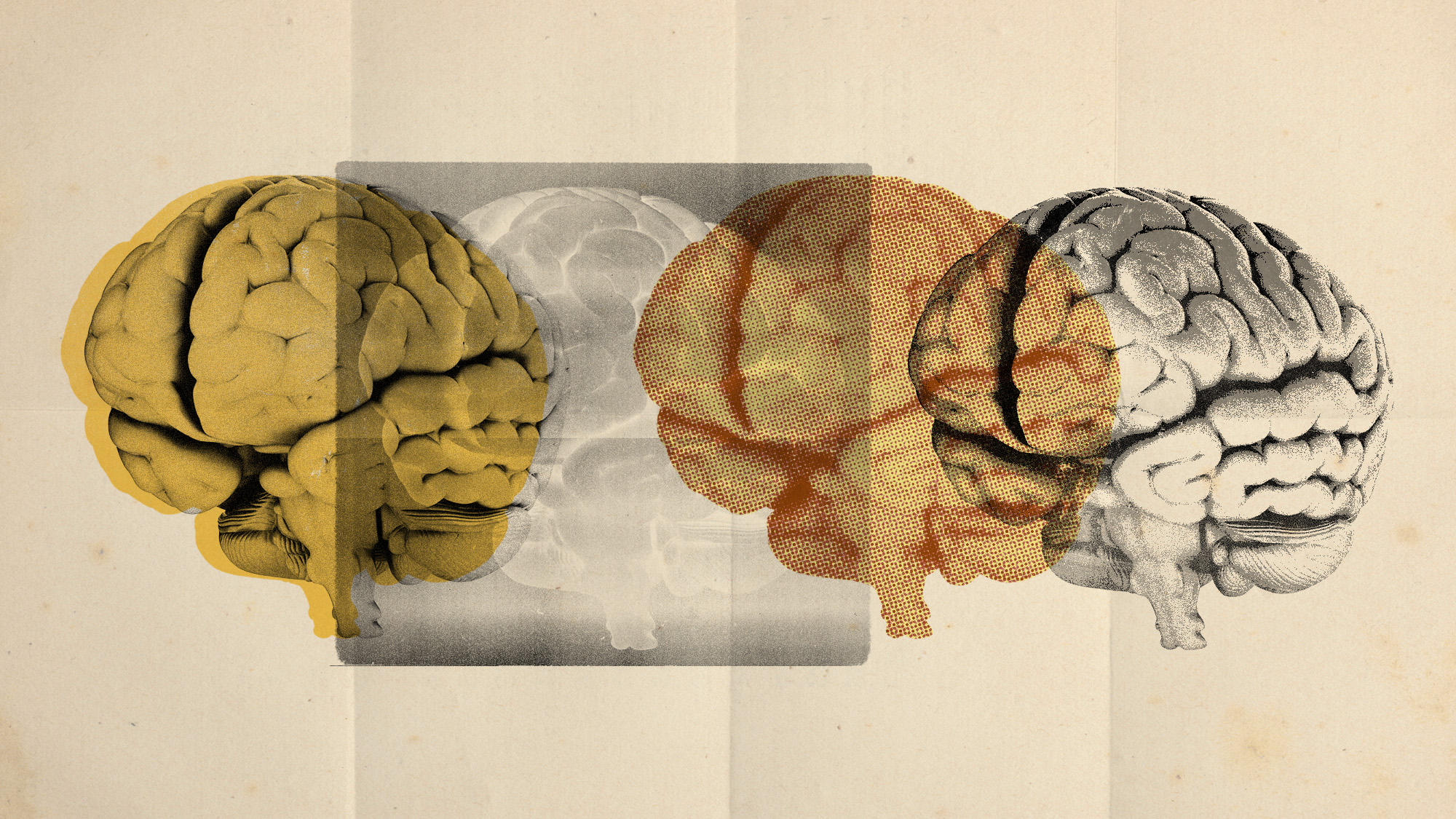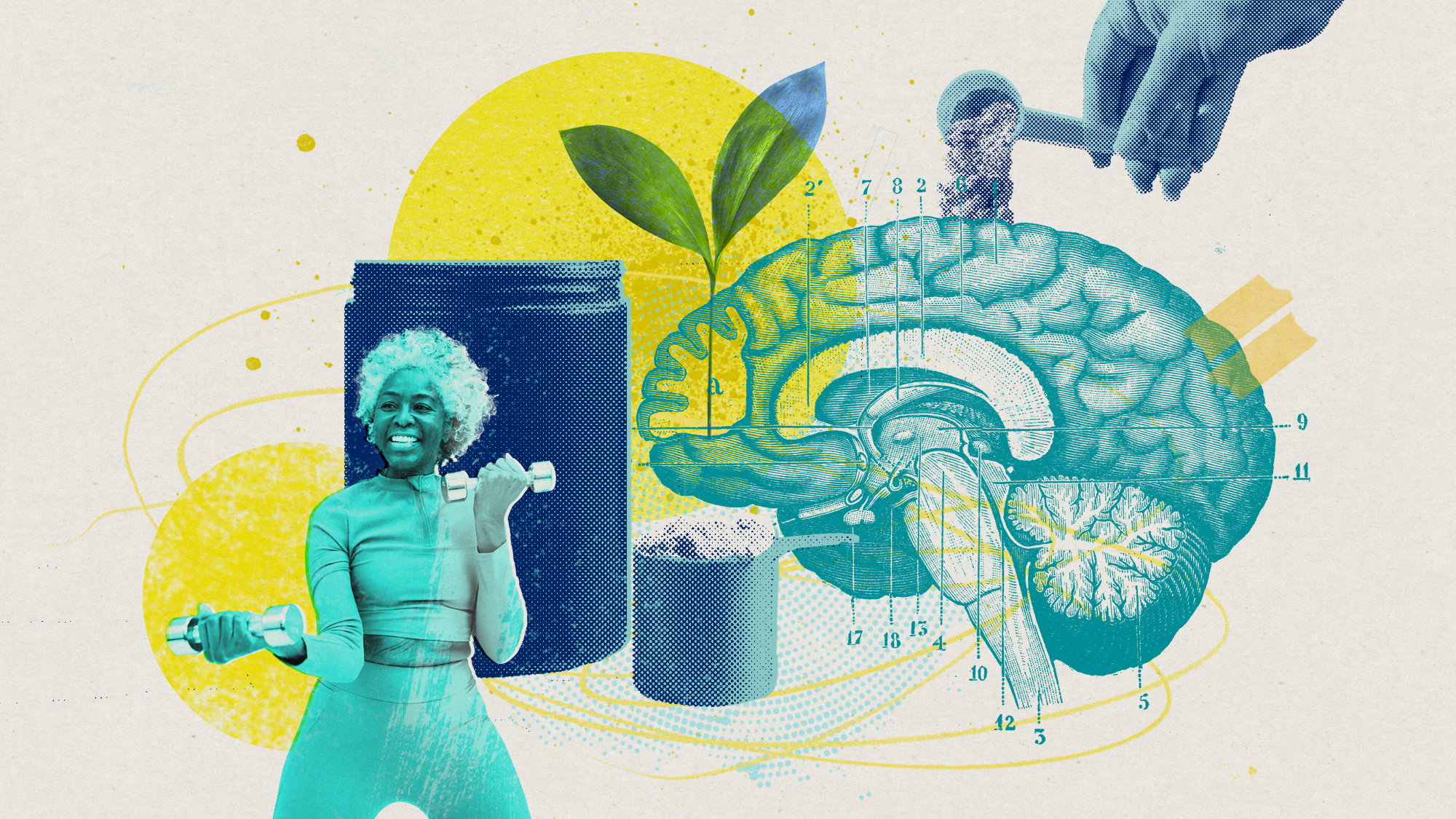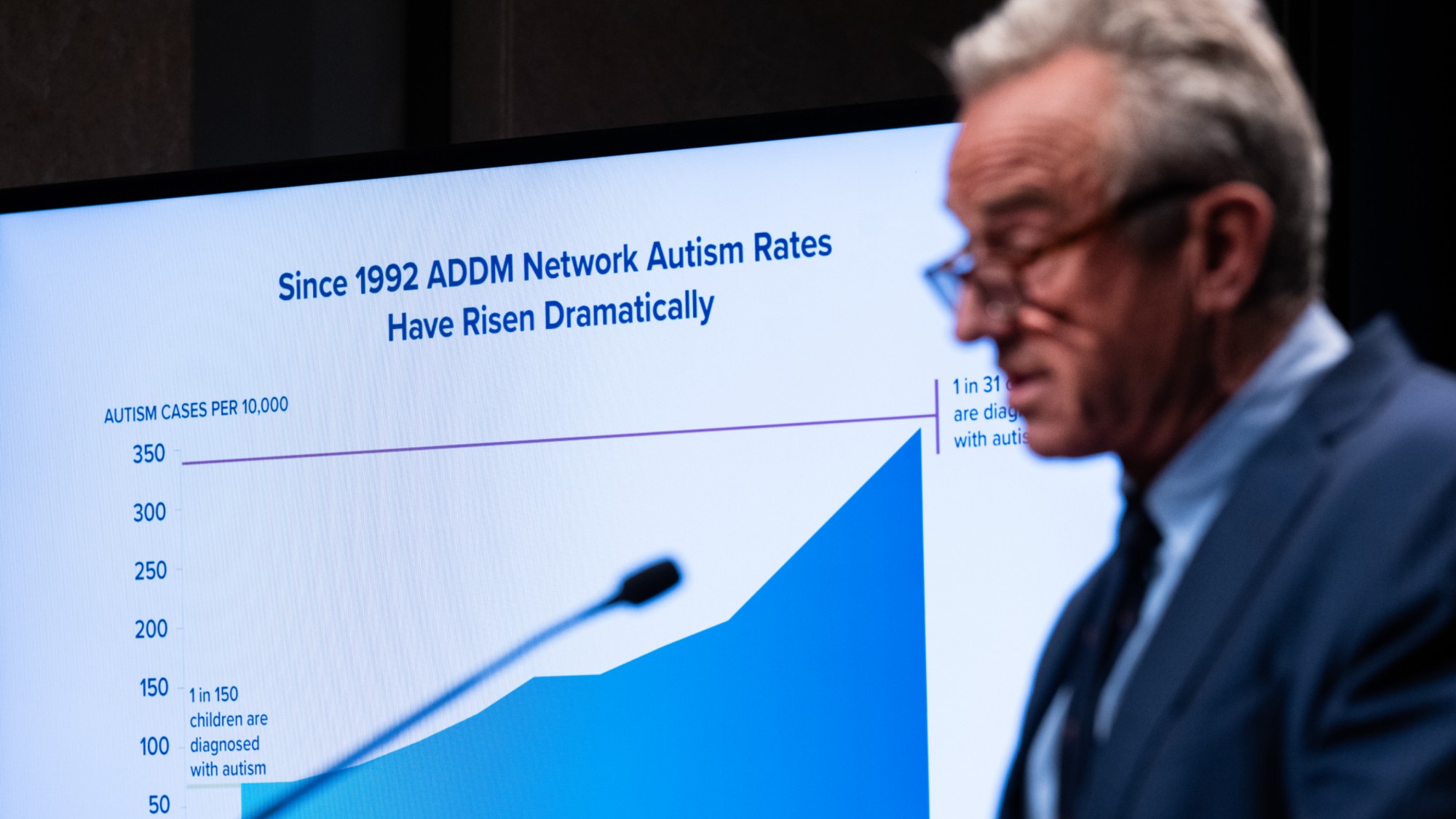How testosterone can help men with depression
New study finds the treatment is especially effective for patients with naturally low levels of the hormone

A free daily email with the biggest news stories of the day – and the best features from TheWeek.com
You are now subscribed
Your newsletter sign-up was successful
Testosterone therapy may be an effective way to treat depression in men, new research has found.
Scientists have long believed there may be a link between levels of the hormone and depression, with much debate over whether testosterone treatment might help with mood disorders.
The new study, published in the journal JAMA Psychiatry, reviewed 27 randomised control trials conducted since 2000, involving a total of 1,890 men with varying levels of testosterone and severity of depression.
The Week
Escape your echo chamber. Get the facts behind the news, plus analysis from multiple perspectives.

Sign up for The Week's Free Newsletters
From our morning news briefing to a weekly Good News Newsletter, get the best of The Week delivered directly to your inbox.
From our morning news briefing to a weekly Good News Newsletter, get the best of The Week delivered directly to your inbox.
“The research analysis checked for the effectiveness of testosterone treatments (depression differences before and after treatment), the number of men who responded positively to the treatments, and how many men stuck with the treatments through the course of the studies,” explains Forbes.
The international research team found there was a clear improvement of depression symptoms in men who were given a testosterone supplement compared with those who took a placebo.
The greatest effects were seen in men who initially had low testosterone levels, and in those who were treated with doses of higher than 0.5g per week.
Benefits were seen within six weeks of beginning the treatment, and both younger and older men reported improvements in their moods.
A free daily email with the biggest news stories of the day – and the best features from TheWeek.com
“Testosterone treatment appears to be effective and efficacious in reducing depressive symptoms in men, particularly when high-dosage regimens were applied in carefully selected samples,” the researchers conclude in their report.
Previously, there has been mixed evidence on the effectiveness of testosterone therapy.
Study co-author Dr Andreas Walther, from the German university TU Dresden, told The Guardian that his team’s aim had been to “clear up the picture”.
Effective treatments for depression are badly needed, with almost 17% of men in the UK reporting feelings of depression and anxiety.
However, while the latest findings have been welcomed by many scientists, some warn that more research is needed before testosterone can be recommended officially as a treatment.
“With testosterone, there might be an effect on what one might think of broadly as vitality - men might feel like they have got more energy, might eat more, but that may not be accompanied by an effect on core symptoms of depression such as low mood and loss of interest” said Allan Young, a professor of mood disorders at King’s College London, who was not involved in the study.
Walther’s team agree that caution is warranted, saying “more pre-registered trials are needed that explicitly examine depression as the primary end point and consider relevant moderators”.
-
 Political cartoons for February 16
Political cartoons for February 16Cartoons Monday’s political cartoons include President's Day, a valentine from the Epstein files, and more
-
 Regent Hong Kong: a tranquil haven with a prime waterfront spot
Regent Hong Kong: a tranquil haven with a prime waterfront spotThe Week Recommends The trendy hotel recently underwent an extensive two-year revamp
-
 The problem with diagnosing profound autism
The problem with diagnosing profound autismThe Explainer Experts are reconsidering the idea of autism as a spectrum, which could impact diagnoses and policy making for the condition
-
 ‘Longevity fixation syndrome’: the allure of eternal youth
‘Longevity fixation syndrome’: the allure of eternal youthIn The Spotlight Obsession with beating biological clock identified as damaging new addiction
-
 RFK Jr. sets his sights on linking antidepressants to mass violence
RFK Jr. sets his sights on linking antidepressants to mass violenceThe Explainer The health secretary’s crusade to Make America Healthy Again has vital mental health medications on the agenda
-
 The app tackling porn addiction
The app tackling porn addictionUnder the Radar Blending behavioural science with cutting-edge technology, Quittr is part of a growing abstinence movement among men focused on self-improvement
-
 Scientists have identified 4 distinct autism subtypes
Scientists have identified 4 distinct autism subtypesUnder the radar They could lead to more accurate diagnosis and care
-
 'Poo pills' and the war on superbugs
'Poo pills' and the war on superbugsThe Explainer Antimicrobial resistance is causing millions of deaths. Could a faeces-filled pill change all that?
-
 'Wonder drug': the potential health benefits of creatine
'Wonder drug': the potential health benefits of creatineThe Explainer Popular fitness supplement shows promise in easing symptoms of everything from depression to menopause and could even help prevent Alzheimer's
-
 Fly like a breeze with these 5 tips to help cope with air travel anxiety
Fly like a breeze with these 5 tips to help cope with air travel anxietyThe Week Recommends You can soothe your nervousness about flying before boarding the plane
-
 RFK Jr.'s focus on autism draws the ire of researchers
RFK Jr.'s focus on autism draws the ire of researchersIn the Spotlight Many of Kennedy's assertions have been condemned by experts and advocates